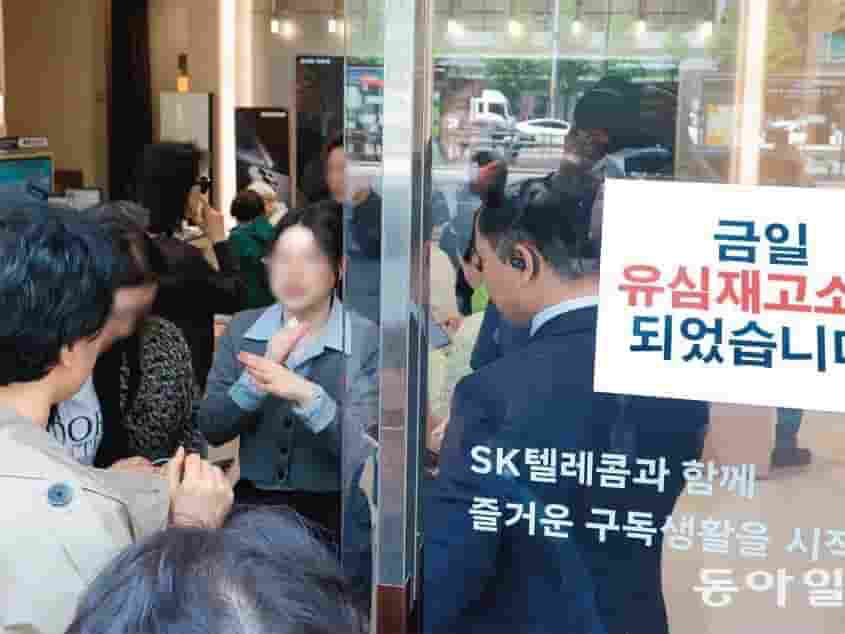- SK Telecom will waive early termination fees and refund for users switching carriers between April 19 and July 14 after a USIM data leak.
- The government found SKT responsible for malware-infected servers and improper breach handling, mandating the waiver and security investments.
What happened: Fee Waiver & Security Push
From April 19 to July 14, SK Telecom (SKT) will exempt early termination fees and refund past payments for customers switching to other carriers, following a significant USIM data breach discovered on April 18 and reported April 20. The company also commits to a 50% discount on August mobile bills for all users. These measures are part of a broader compensation package valued at approximately $367 million, with $512 million (₩700 billion) allocated over five years to enhance cybersecurity.
This announcement follows a government investigation led by the Ministry of Science and ICT. Second Vice Minister Ryu Je‑myung declared SKT liable for the breach, citing infected servers, poor credential management, and delayed reporting as major errors. He emphasized the company’s responsibility and warned of possible license revocation if it failed to comply with corrective directives. SKT CEO Ryu Young‑sang publicly apologized and affirmed that the board would fully execute the fee waiver and additional safeguards.
Also Read: SK Telecom cyberattack exposes millions to SIM cloning risks
Also Read: SK apologises for data breach at SK Telecom
Why it’s important
SKT’s fee waiver marks a significant shift toward greater accountability in South Korea’s telecom sector. Customers affected by data breaches now have legal precedent for compensation, signaling that service providers must prioritize user data protection or face financial consequences. Even with short‑term profit losses, as SKT projects lower full‑year sales guidance due to compensation costs, the move demonstrates that rebuilding trust may outweigh immediate earnings.
From a regulatory angle, the Ministry of ICT’s intervention sets a new enforcement benchmark. By threatening license revocation, it shows increased willingness to hold carriers accountable, which may inspire stronger compliance and rapid breach reporting across the industry. This could influence global telecom policies where enforcement has lagged.
For consumers and competitors, the fee waiver and promised security overhaul by SKT may shift market dynamics. Users may feel empowered to switch providers or demand better protection, while rival carriers could leverage the breach to attract new subscribers. Meanwhile, SKT’s long‑term investment in cybersecurity infrastructure may accelerate sector‑wide innovation and raise overall network resilience.

